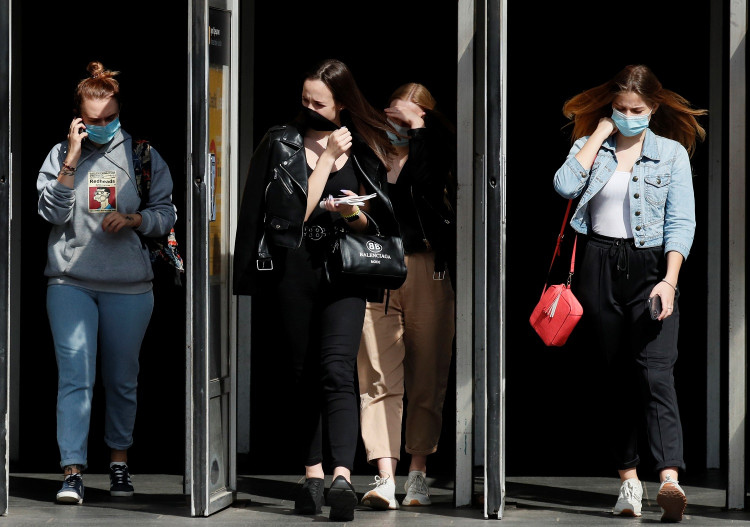Researchers at the Nanyang Technological University in Singapore have revealed data concerning the sentiments of people surrounding the COVID-19 pandemic. It was found that from fear at the start of the outbreak, it has given way to anger as the pandemic ran its course.
The data was derived from an analysis of over 20 million tweets in English that relate to the coronavirus. The team had observed that the beginning of the outbreak mostly had tweets reflecting fear, but they tapered off over the course of the pandemic.
Researchers gauged people's emotions using the four basic emotions -- joy, sadness, anger, and fear -- and examine the narratives surrounding such emotions. Professor May O. Lwin of NTU's Wee Kim Wee School of Communication and Information and her team collected more than 20 million tweets in English with the keywords 'covid,' 'nCov,' 'corona,' and 'Wuhan.'
Tweets marked with anger-related emotions commonly had hints of xenophobia in them, which progressively increased, peaking on March 12. This was the day the World Health Organization declared the coronavirus outbreak officially a pandemic. This anger eventually evolved into feelings of seclusion and isolation.
There were tweets that reflected sadness, which actually doubled over the course of the pandemic. Some were related to family members and friends lost due to COVID-19, with words relating to 'passed away' and 'loved one.' This, according to the research team, highlight potential social concerns driven by personal traumatic experiences of the global health crisis. Still, sadness-related tweets remain lower compared to other emotions.
The emergence of tweets that show joy has also been observed, which, according to the researchers, suggested a sense of happiness, hope, gratitude, and pride.
This constant shift of sentiments during the coronavirus pandemic points to a need to address volatile emotions by way of communication by health authorities and governments, as well as netizens themselves in order to avoid "unintended outcomes," according to Prof. Lwin.
"If such overbearing public emotions are not addressed through clear and decisive communication by authorities, citizen groups and social media stakeholders, there is potential for the emergence of issues such as breeding mistrust in the handling of the disease, and a belief in online falsehoods that could hinder the ongoing control of the disease," Prof. Lwin also noted.
The paper was published in the scientific journal JMIR Public Health and Surveillance, funded by A*STAR and the National Research Foundation Singapore under the COVID-19 Research Fund, and administered by the Singapore Ministry of Health's National Medical Research Council.






